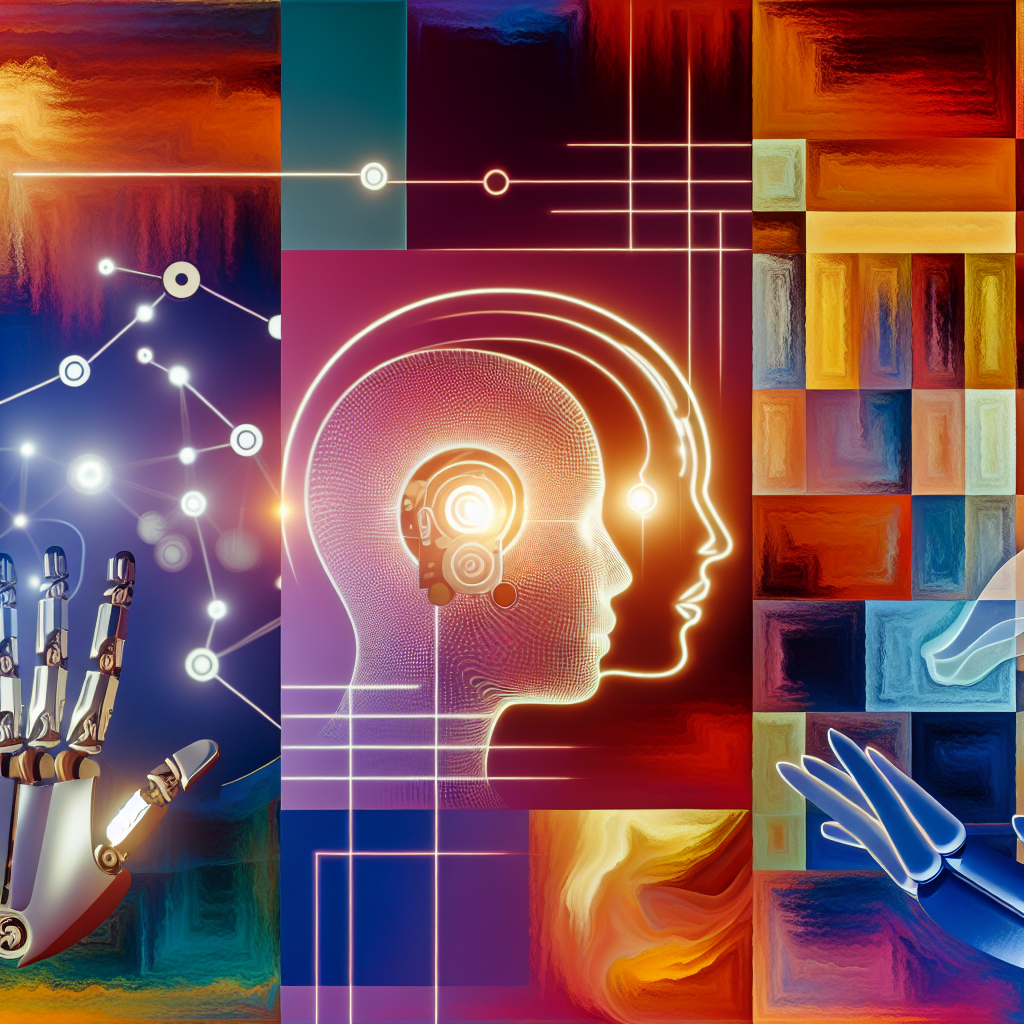Can AI Conversations Enhance Human Empathy? Exploring Reverse Empathy and Mindful Interactions

"Garbage in, Garbage out. Kindness in, Kindness out." ?12:0†source?
Reverse Empathy: Will AI Conversations Make Us More Empathic?
Reverse Empathy: Will AI Conversations Make Us More Empathic?
The article explores how the increasing integration of AI into human interactions could paradoxically enhance empathy rather than diminish it. Research indicates that digital interactions significantly affect our brain functions, including cognition and language patterns. With AI designed for compliance and efficiency, communications often become more polite and humanized. This leads to the intriguing suggestion that AI could positively influence human behavior, fostering empathy and patience.
Caveats and Possibilities
While AI promotes efficient and polite communication, there’s a risk that over-reliance could erode empathy in real-life interactions. The article warns that habitual AI use might make us impatient with human complexities. However, it also presents a contrarian view: intentionally incorporating politeness in AI interactions could spill over into our human relationships, enhancing overall empathy. This perspective brings a fresh, positive angle to the conventional discourse on AI’s impact on human behavior.
Practical Takeaways
To maximize AI's potential to foster empathy, the article suggests several actionable steps. Firstly, it emphasizes mindful engagement with AI, encouraging a respectful and polite approach. Secondly, it advocates for cultivating appreciation and gratitude in both AI and human interactions. Lastly, it stresses the importance of recognizing AI's limitations, underscoring that genuine human connections cannot be fully replicated by machines. These steps aim to create an environment where empathetic communication becomes the norm.
Critical Analysis
The article provides a well-rounded discussion, supported by existing research. However, it simplifies the complexity of human behavior, assuming that polite AI interactions will directly translate to enhanced empathy. The lack of empirical evidence on long-term impacts raises questions about the broader applicability of this perspective. Further research is needed to substantiate these claims and offer a more nuanced understanding of AI's role in shaping human empathy.
